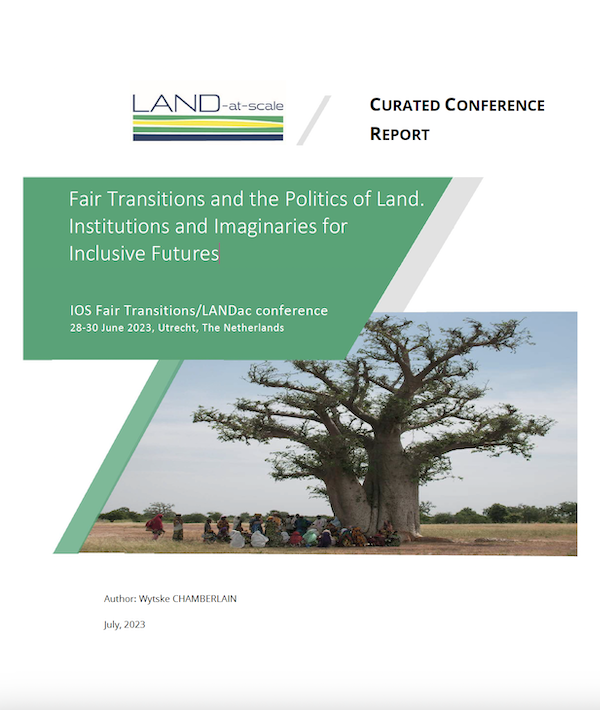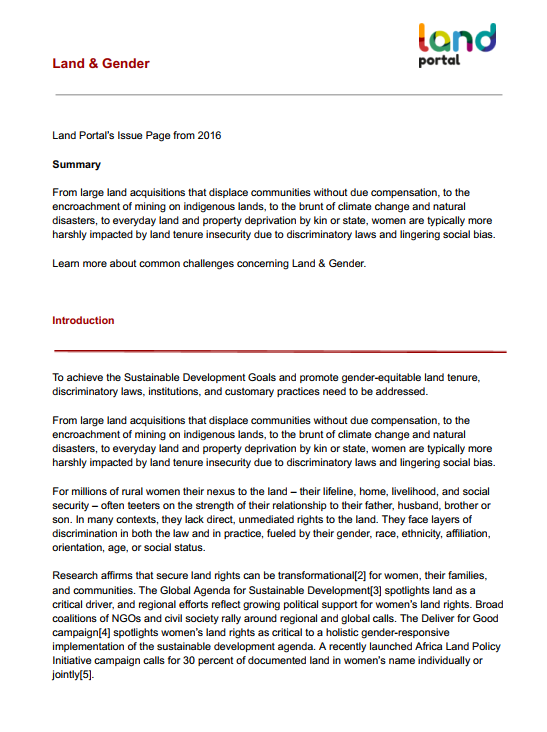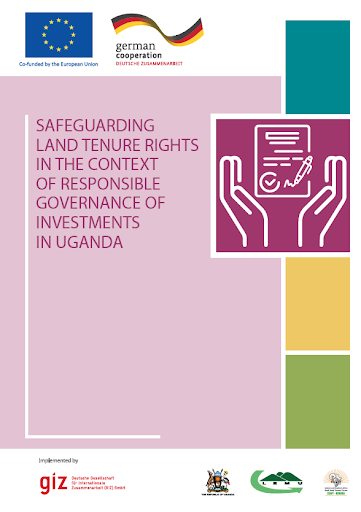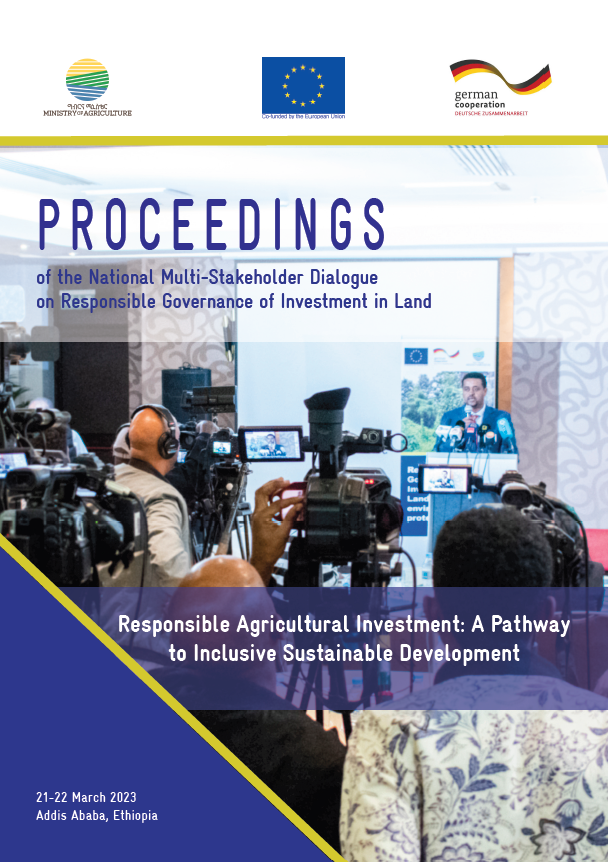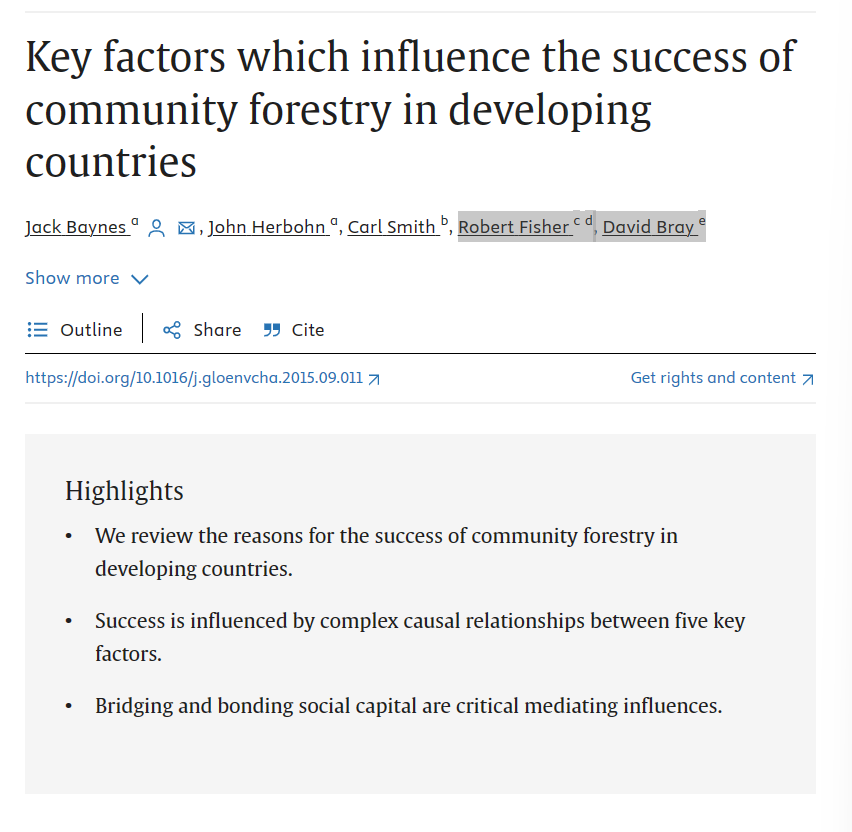Tierra e Igualdad. Desafíos para la Administración de Tierras en Petén, Guatemala
El presente documento es el resultado de un estudio multidisciplinario sobre las consecuencias de los proyectos de regularización de la tenencia de la tierra ejecutados en el ámbito rural de Petén patrocinados por diferentes donantes externos y por el mismo Gobierno de Guatemala.


